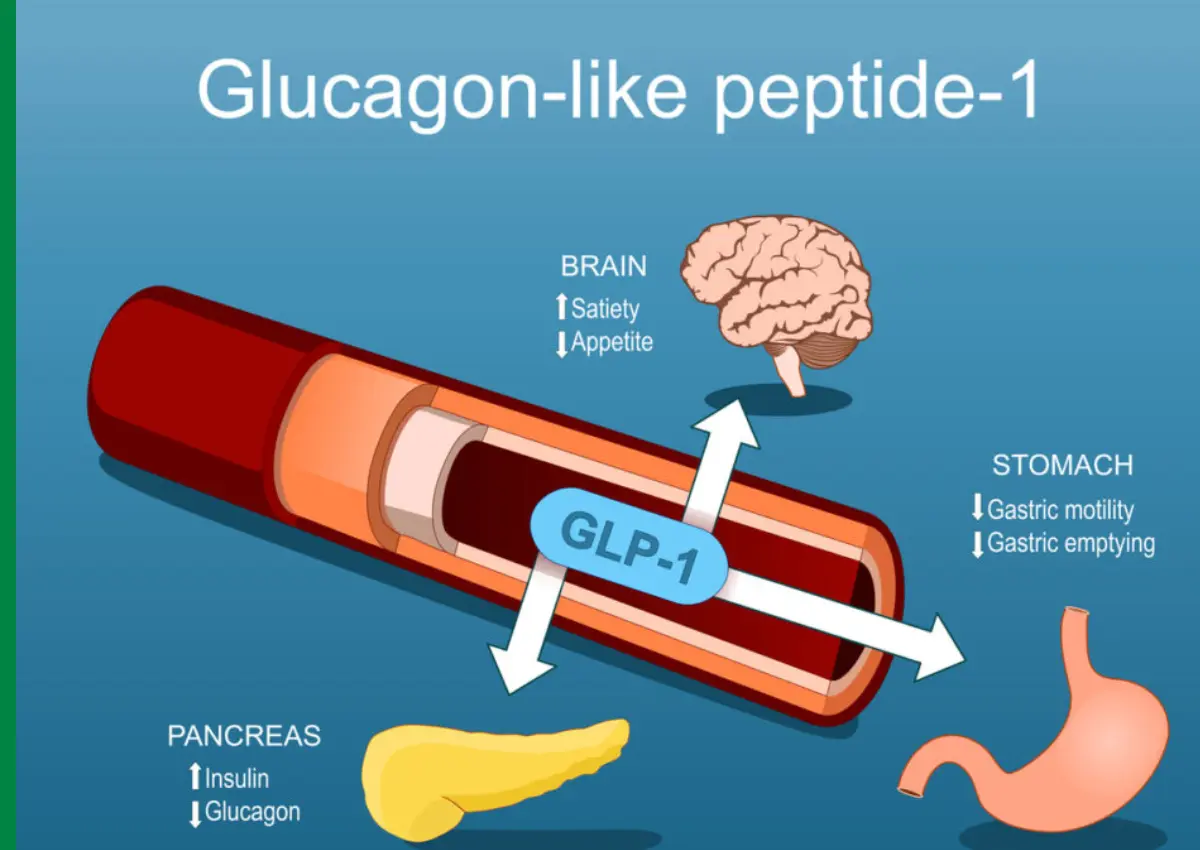Vedanta, a mining company, has won a high-stakes bid to acquire Jaiprakash Associates (JAL) in a historic corporate deal that has shocked the business fraternity in India by beating a contender like the Adani Group with a very attractive offer of 17,000 crores. This takeover, which was completed on September 5, 2025, is one of the largest corporate restructuring transactions in the recent business history of India.
Winning Bid: Numbers That Tell the Story
The successful bid of Vedanta is equivalent to the net present value (NPV) of 12505 crore, making it the highest recovery plan placed on the balance sheet of the debt-laden conglomerate. The takeover comes at a very crucial time at JAL which has been reeling under huge debt burdens amounting to more than ₹57,185 crore of outstanding payments due to financial creditors.
A detailed challenge was carried out by the Committee of Creditors (CoC) headed by the National Asset Reconstruction Company Ltd. (NARCL) according to the Insolvency and Bankruptcy Code (IBC).
Even after the winning bid, lenders will experience a massive haircut of about 71 percent, returning less than a third of aggregate exposure. Nevertheless, this is a much-anticipated resolution to years of court battles and unsuccessful recovery efforts.
Strategic Implications for Vedanta’s Business Portfolio
The acquisition is a turning point in the corporate theory of Vedanta, as the conglomerate controlled by Anil Agarwal explores completely new markets. Its dominance in the metals, steel, mining, oil and gas markets has seen Vedanta enter the profitable cement and infrastructure markets previously unreachable to it.
This acquisition has come at the right time when India is on a strong economic growth curve. With India being the fastest-growing large economy in the world, the infrastructure and housing sectors have massive growth and value creation potential. To Vedanta, this is a strategic diversification that might act as a new growth driver in its changing business portfolio.
What Vedanta Gains— A Treasure Trove of Assets
The Jaiprakash Associates takeover provides Vedanta with a package of high-value assets in a variety of lines:
Real Estate and Infrastructure.
The jewel in this acquisition business is prime real estate developments like Jaypee Greens in Greater Noida and some parts of Jaypee Greens Wishtown in Noida. Most important of all, Vedanta acquires the Jaypee International Sports City, which, due to its location close to the soon-to-be-built Jewar international airport, offers high potential of appreciation.
Hospitality and Commercial Resources.
The portfolio includes three business and industrial office premises in the Delhi-NCR, and five hotel buildings in Delhi-NCR, Mussoorie and Agra. Such assets will bring instant sources of revenue and a foothold in the Indian hospitality and business real estate markets that are performing well.
Industrial Infrastructure
JAL is not currently operational but with four cement plants in Madhya Pradesh and Uttar Pradesh and leased limestone mines in Madhya Pradesh, the infrastructure base JAL will enter the fast-consolidating cement industry in India with.
This industry has seen tough growth of other market giants such as UltraTech, Adani, and Shree Cement, and the entry of Vedanta is hence very strategic.
The Competitive Landscape and Market Dynamics
The bidding business had piqued the interest of major industrial houses in India. The first ones were Adani Group, Dalmia Bharat, Jindal Power, and PNC Infratech. But during the last round of challenge only the Vedanta and Adani Group placed active bids, and the floor price was fixed at 12,000 crore.
When JAL joined the Adani Group, it highlighted the strategic significance of the Adani Group in its assets, especially considering the aggressive growth of Adani in the cement industry. The rivalry between these two industrial giants underscores the value attached to good-quality infrastructure assets in the current economic environment in India.
Regulatory Hurdles In the Future.
Although Vedanta successfully made the bid, the journey to finalize this acquisition is fraught with a number of challenges. Both Adani and Dalmia Bharat had already received Competition Commission of India (CCI) clearance over their respective bids; the company has not yet received the same.
One of the legal issues is a land dispute with the Yamuna Expressway Industrial Development Authority (YEIDA). This case is already being reviewed by the Supreme Court and may have a negative influence on the general value proposition of the acquisition. The Committee of Creditors has been reaching out to bidders to assure them of extra payments in the event that this dispute is solved in favor of Jaiprakash Associates.
Also, Jaiprakash Infratech Ltd., owned by the Suraksha Group, has appealed to the National Company Law Tribunal against the rejection of its previous bid and hearings will be held on September 12. Such legal nuances highlight the complexity of the problem of large-scale corporate insolvency in India.
Broader Impact on India’s Corporate Landscape
This takeover is indicative of more global trends within the corporate sector in India, as the existing conglomerates are moving into new development spaces. The shift of Vedanta is a reflection of similar strategic expansion in the Indian industry as businesses look to ride the economic wave in the country.
The transaction also indicates how well the Insolvency and Bankruptcy code has succeeded in helping companies restructure even though lenders have suffered huge haircuts. In the case of the banking industry, this resolution is quite painful but is a step towards cleaning up years of stressed assets on balance sheets.
Final thoughts Value Creation and Integration
The fact is that in the case of Vedanta, the actual challenge starts with the ability to incorporate these various assets into its current operations. The experience that the company has had in handling the management of large-scale industrial operations will be a good foundation, but the decision to venture into real estate and hospitality will demand new abilities and market skills.
This acquisition places Vedanta in a position to take advantage of India and its urbanization trends, emerging middle class, and infrastructure development. As the government remains committed to housing and urban development, the new real estate holdings of Vedanta will be extremely valuable within the next few years.
This historic buy is not only a corporate deal but it is also an indicator that Vedanta has now moved beyond being a narrowly focused mining and metals corporation into a versatile industrial conglomerate with the ability to leverage India’s multi-sector growth narrative.
The business community will be eager to see how well Vedanta can unlock value out of this huge investment in the future of India infrastructure as the integration process takes place.



